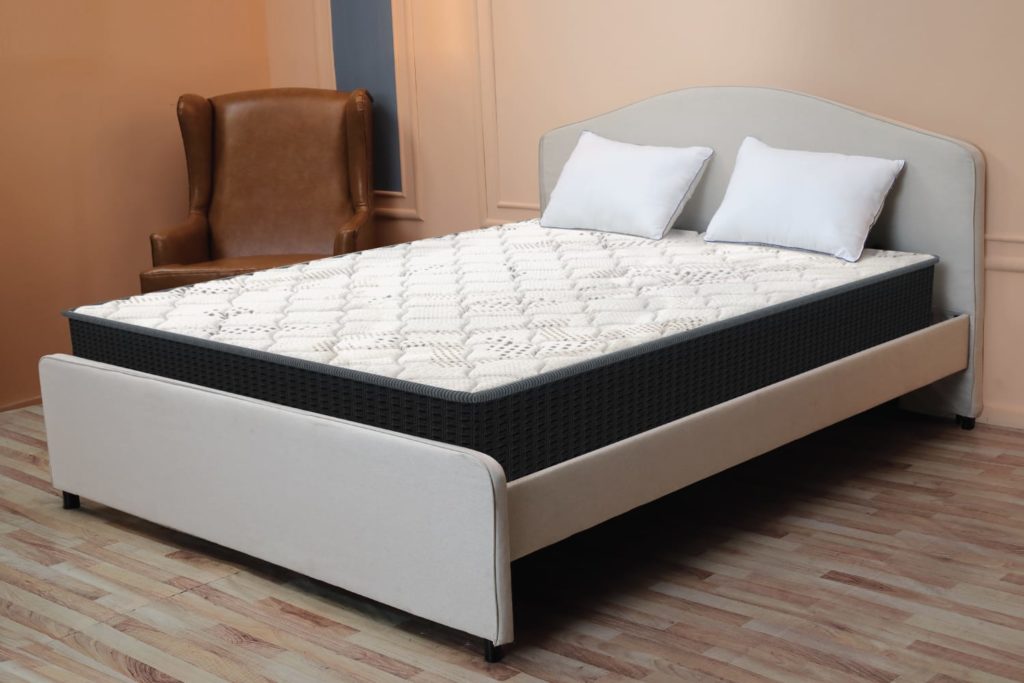Do you lie awake at night counting sheep, only to end up tossing and turning once you doze off? Unfortunately, many people experience bouts of sleeplessness, leaving them mentally and physically exhausted come morning. Not only can insomnia-filled nights leave you running on empty, but long-term lack of sleep can also negatively impact your health.
For those seeking solutions to nighttime restlessness, investing in a high-quality mattress is a must—but with so many options, it can be tough to decide which to purchase. So, read on for a guide to mattress shopping before jumping into the wrong bed for your needs.
Is it organic?
Many manufacturers fill traditional mattresses with synthetic chemicals and volatile organic compounds (VOCs). Unfortunately, many sleepers are sensitive to allergy-inducing particles, which can make for a troubling night’s sleep. If you think you might have a sensitivity to chemicals and VOCs, an organic mattress from a provider like Essentia would be a solid choice.
Can it moderate heat?
Different materials can retain or lose heat more quickly than others, so, f you like to stay cool at night, you may want to opt for a model with temperature control features. Memory foam mattresses, especially low-quality varieties, tend to trap heat, causing you to wake in a pool of sweat.
Though tempting, purchasing an inexpensive, bottom-tier memory foam mattress may result in overheating throughout the night. Instead, select a bed with high-quality foam and proper ventilation to ensure cooler temperatures without sacrificing cushioned comfort.
Does it have edge support?
When you roll around at night, you might find yourself on the edge of the bed. Though some mattresses remain firm on their borders, others might sink under your weight. This feature also causes issues if you tend to sit on the side of your bed. Cheaper mattresses tend to suffer from poor edge support, so make sure you seek out bedding with the proper backing—especially if you spread out while you snooze.

What’s your sleep position?
Do you have a preferred sleep position? If so, take your favored orientation into account when choosing a mattress. For example, side sleepers do best with soft to medium-firm mattresses, while stomach-sleepers benefit most from firm mattresses. Additionally, back sleepers will likely prefer a medium-firm bed.
Regardless of your preferred position, the key is to prevent pressure points from sinking too far into the mattress.
What type of mattress do you want?
Mattresses have surpassed the basic inner-spring models from decades ago. Now, sleepers of all types have plenty of options. For example, you can opt for memory foam or organic latex to relieve pressure or back pain. In addition, adjustable beds with customizable air chambers are excellent if you share a bed with a picky partner.
How high should it be?
Though mattress height is often more about convenience than comfort, taller frames often have more padding and foam layers for added comfort. However, tall mattresses can be frustrating to set up and climb into, so consider your needs before landing on a larger model.
Wrapping up
Mattress shopping can be a chore if unsure of your sleeping needs. However, once you identify your favorite sleeping position, firmness levels, heating needs, and other unique preferences, you’ll be on your way to a great night’s sleep.






